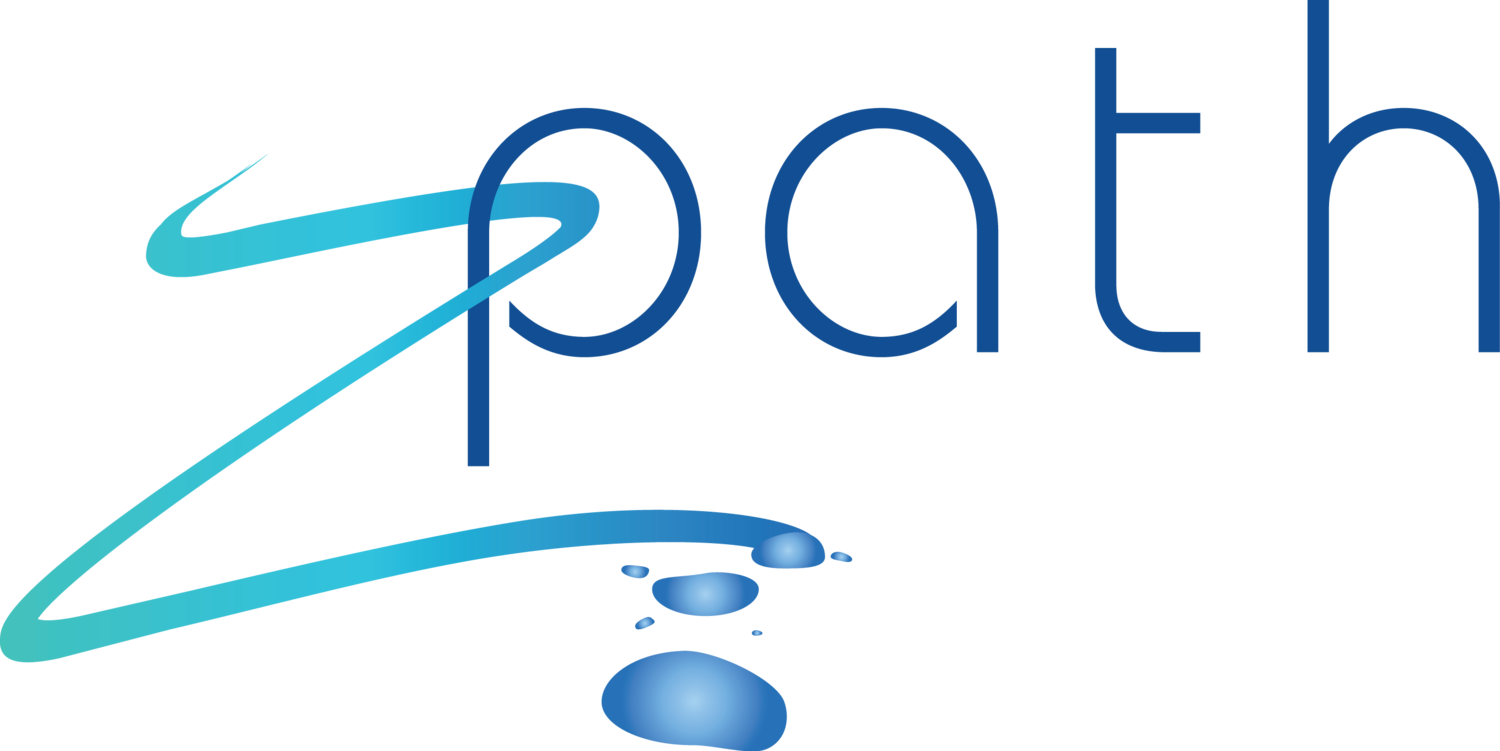Self-regulation is the process of maintaining focus and attention on goals and plans according to schedule.
One of the biggest challenges to self-regulation is getting distracted from a task. Many students and adults struggle with working in environments where too many distractions compete for attention. That's one reason why having an organized work space in which all the tools and information needed for a task are readily available, and those things or people that can create distractions can be hidden or silenced when necessary. Similarly, having an organized schedule in which sufficient time is allocated for each activity avoids getting caught up in distractions caused by competing concurrent demands for attention and time.
Staying focused on the right task does not mean blindly sticking to a bad plan. When it becomes apparent that a plan will not lead to a successful or timely result, consider alternatives such as clarifying or redefining the goal or the timeline, changing or resequencing the work steps or component parts, or changing the resources engaged in the work. If the plan isn't working, adapt the plan until it does. Self-regulation means staying focused on the goal and the steps to achieve the goal, even if the path to reaching that goal needs to change along the way.

